plant patents and propagation
ferroplasm Zone 7b
9 years ago
Related Stories
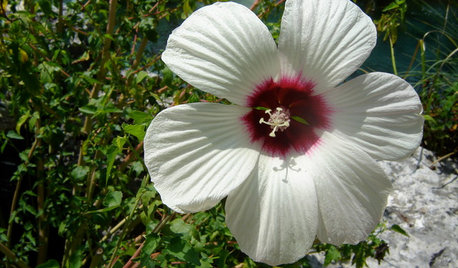
GARDENING GUIDESGreat Design Plant: Hibiscus Moscheutos
Crimsoneyed rosemallow is an ideal flowering perennial for wet sites and is ready to propagate now
Full Story
GARDENING GUIDESGreat Design Plant: Slipper Plant
Unthirsty succulent looks great all year and offers an unexpected surprise in fall
Full Story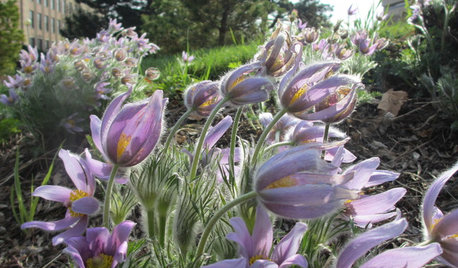
GARDENING GUIDES6 Plants That Beat Butterfly Bush for the Wildlife Draw
It's invasive, a nonnative and a poor insect magnet. Check out these better alternatives to butterfly bush in the garden
Full Story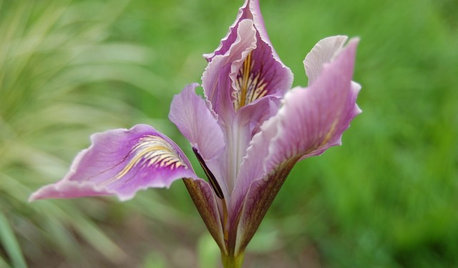
FLOWERSPaint a Garden Delightful With Iris
Charming and colorful, irises propagate easily, are hardy in many soils and climates, and unfold with layers of beauty
Full Story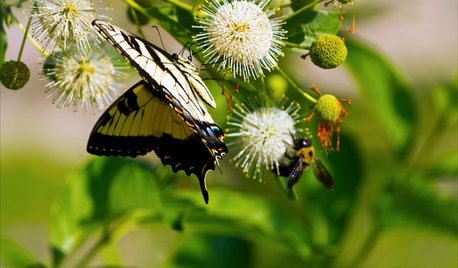
GARDENING GUIDESGreat Design Plant: Cephalanthus Occidentalis
Buttonbush is an adaptable woody shrub with delightful pincushion flowers
Full Story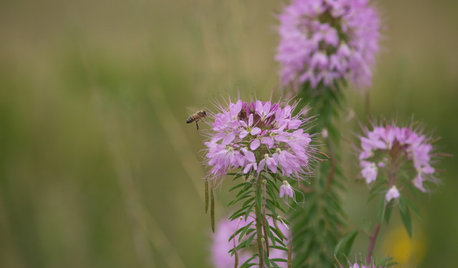
GARDENING GUIDESGreat Design Plant: Cleome Serrulata
Beckon bees and other pollinators in for a drink of nectar from this western U.S. native’s late-summer flowers
Full Story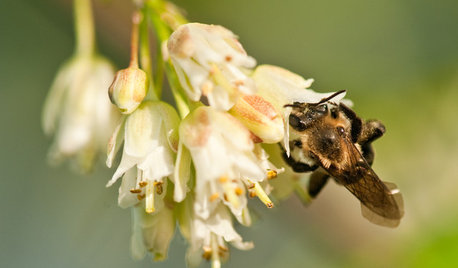
GARDENING GUIDESGreat Design Plant: Staphylea Trifolia Shines in the Shade
Plant American bladdernut for 3 seasons of interest: spring flowers and striped brown branches and bladder-like seedpods in fall and winter
Full Story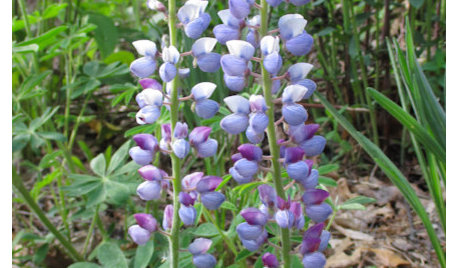
GARDENING GUIDESGreat Design Plant: Wild Lupine Dresses Up Rocky Gardens
Spiky blue flowers and a high tolerance for poor soil make this plant ideal for tough sites
Full Story
FLOWERSRudbeckia Mania: Go Beyond Black-Eyed Susan in the Garden
Branch out from typical nursery fare, with lesser-known Rudbeckia species that have delightfully unexpected features
Full Story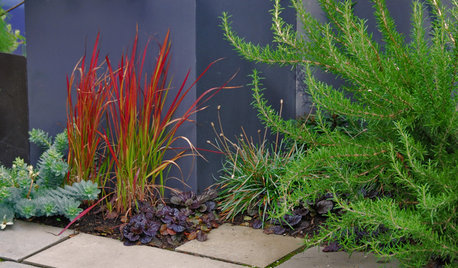
RED FOLIAGEGreat Design Plant: Japanese Blood Grass
This dramatic, ruby-tinged grass bridges the gap between red and green, short and tall plants
Full StoryMore Discussions






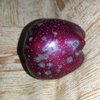
ferroplasm Zone 7bOriginal Author
milehighgirl
Related Professionals
Lakewood Landscape Architects & Landscape Designers · Middle Island Landscape Architects & Landscape Designers · Southfield Landscape Architects & Landscape Designers · Goodyear Landscape Contractors · Wake Forest Landscape Contractors · Cicero Landscape Contractors · Del Aire Landscape Contractors · Inglewood Landscape Contractors · Mendota Heights Landscape Contractors · Mequon Landscape Contractors · San Carlos Park Landscape Contractors · West Covina Landscape Contractors · Tyngsboro Landscape Contractors · North Aurora Landscape Contractors · Camp Springs Landscape Contractorsappleseed70
muscadines978
appleseed70
murkwell
olpea
appleseed70
appleseed70
muscadines978
murkwell
appleseed70
drew51 SE MI Z5b/6a
olpea
nyRockFarmer
appleseed70